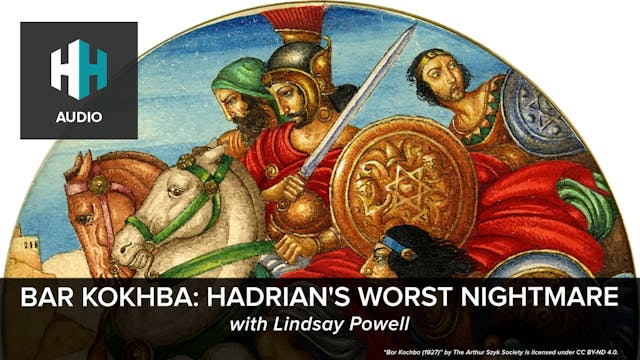🎧 Did Immigration Really Cause the Fall of Rome?
🎧 Dan Snow's History Hit
•
36m
Boris Johnson recently stated that the fall of Rome was caused by 'uncontrolled migration' and the image of a mighty empire bought to its knees by hordes of barbarians from the east is certainly a powerful one. It is, however, not true and for many historians, even the idea of the "fall" of the empire is considered dubious. In the west, the empire dissolved into successor states that continued many elements of Roman bureaucracy and societal order. In the east, the empire became the Byzantine Empire and continued to rule up until 1453. The empire certainly did change but for a variety of reasons including the changing nature of power, new groups settling within its borders, environmental changes and conflicts both external and internal. Joining Dan to discuss this mighty subject and shed some light on the reality of the fall of Rome is Mark Humphries, Professor of Classics, Ancient History & Egyptology at Swansea University.
Up Next in 🎧 Dan Snow's History Hit
-
🎧 The Rise and Fall of The Berlin Wall
The Berlin Wall was an icon of the Cold War and a physical embodiment of the divide between East and West. Its rise and fall was a microcosm of the conflict and its fall marked the beginning of a new post-Cold War world.
Today on the podcast Dan is joined by two eyewitnesses to the wall to hear ...
-
🎧 Colonel Gaddafi and Libya
Even after his overthrow and bloody death in 2011, Colonel Gaddafi still looms large over Lybia but there is much more to the history of this important and often misunderstood country. It is the 16th largest country on Earth, its capital Tripoli is closer to London than Athens is and Britain's re...
-
🎧 Bar Kokhba: Hadrian's Worst Nightmare
In AD132 began the bloody struggle over who would rule a nation. The clash of two ancient cultures was fought between two strong-willed leaders, Hadrian, the cosmopolitan ruler of the vast Roman Empire, and Shim’on, a Jewish military leader who some believed to be the ‘King Messiah’.
During the ...



